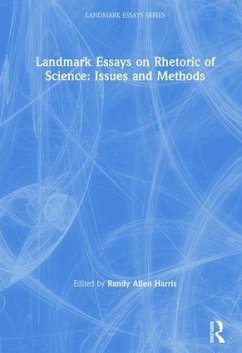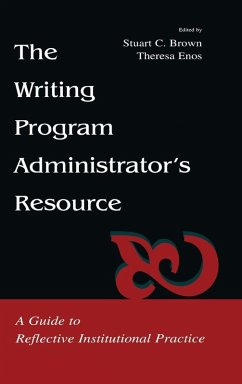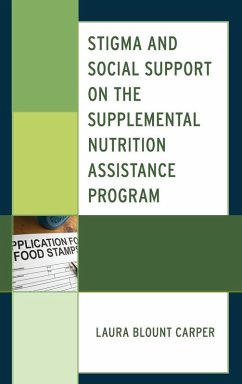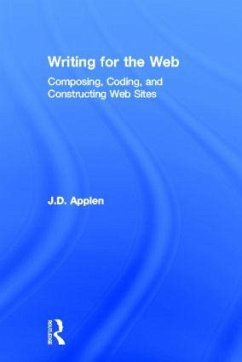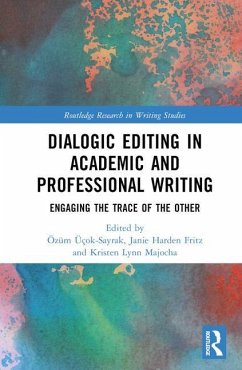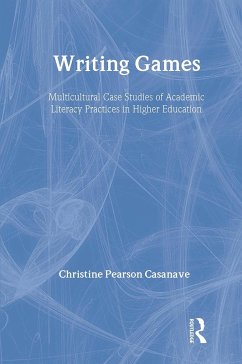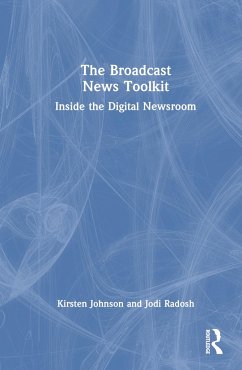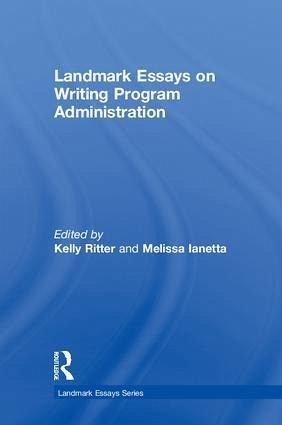
Landmark Essays on Writing Program Administration
Versandkostenfrei!
Versandfertig in 1-2 Wochen
168,99 €
inkl. MwSt.

PAYBACK Punkte
84 °P sammeln!
Following the observation that writing programs administration lacks "an established set of texts that provides a baseline of shared knowledge ...in which to root our ongoing conversations and with which to welcome newcomers" Landmark Essays on Writing Program Administration focuses on WPA identity to propose one such grouping of texts.



